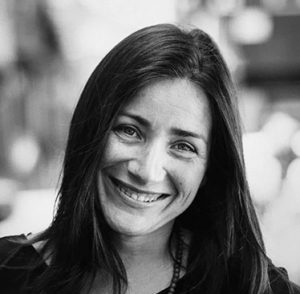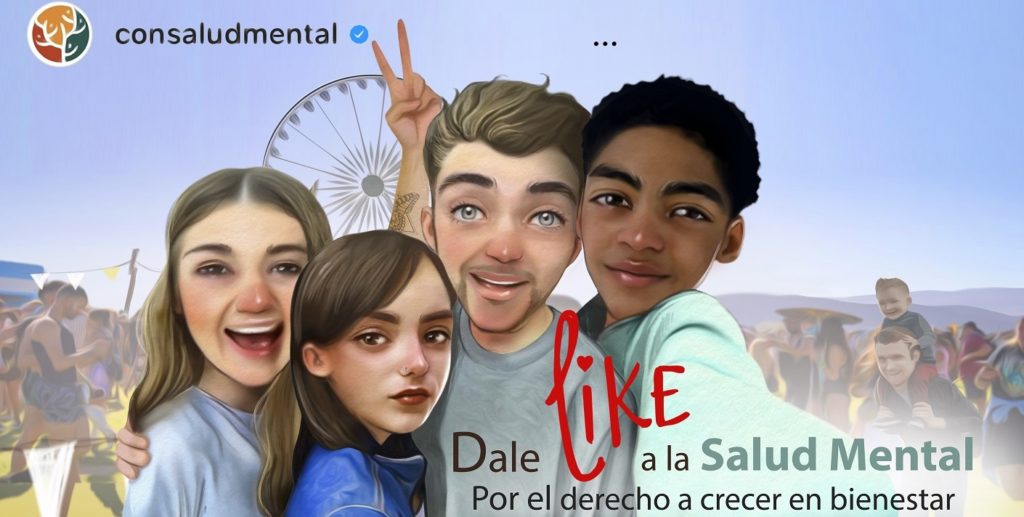Interview with Rosa Sabaté for the Mental Health World Day
1. Finques Feliu (en endavant FF): Rosa, how we can define a proper mental health?
Rosa Sabaté (hereinafter RS):
Mental health is the general well-being of the way you think, regulate your feelings and behave. Sometimes, people experience an important disturbance in this mental functioning that prevents them from carrying out their lives as before, developing their work, etc... the concentration, the level of alertness and anxiety, the stress can be playing a dirty trick.
2. FF: In the face of a busy day, how do you advise minimizing the risk of making mistakes or finding ourselves sick?
RS:
The key always lies in prevention... having good mental health is part of having a good general state of health. Therefore, having a good sleep hygiene, an anti-inflammatory diet, establishing good social and family relationships and ensuring a strong immune system.
3. FF: The words "talent" and "resilience" are very common in the business world. How can we prepare ourselves to meet future not foreseen work demands?
RS:
It is very important to work on flexibility and the ability to adapt to changes... we the human beings are the most insecure animal on the planet and they look for any way to feel security through control... and we cannot control everything, no matter how much we want to and fortunately, we cannot control it. Excessive workloads, changes in objectives, changes in personal situations, in the team, in the world... such as a pandemic, have made us aware of the need we have to control everything, of wanting to foresee the future... and at the same time of the need to manage the emotions, such as fear, that this provokes. ... and in the end... whether we like it or not, we have to adapt, let ourselves go, and accept that now it's time for this... for when it can go up again... the energy dedicated to fear or to complaining weakens us and does not work in our favor, neither at work nor in terms of our precious health.
4. FF: In our blog we recommend clients to avoid or redirect conflicts by listen to people who defend interests contrary to their own. In the job and personal spheres, how can everyone train empathy?
RS:
First of all, it is important to be aware of the extent of our responsibility. When the other person feels angry, annoyed by something that he/she considers that we have done, or that our company, the colleagues of the team, of the other teams that make up the company have managed, or the way we deal with situations, we have to be in our center to assess whether this is something that we could have solved, anticipated or simply, even if the other person is unhappy with the way we act, either because of procedures, company culture, or because what they are asking us for is not a service or product that we offer, at least at the present time. Once we value our share of responsibility, we see if the customer is right, then we never enter into a titanic duel, we simply accept that we are human and like everyone else, we, the team, etc... we have made a mistake and we look for a solution. Empathy is a double-edged sword. We find many people dedicated to customer service that empathy makes them strive every day and where they leave their health in every action, and unfortunately end up burning and happening the opposite of empathy ... end up being apathetic and managing the work as self-mates. Empathy is a very necessary skill in the process of listening to the situation that the other person exposes to us, with all their emotions. Once listened to, we have to know how to move quickly to assertiveness in order to be able to offer a careful response to our competences and those of the company. This is only possible when the person has been able to work on his self-esteem, his self-worth and does not defend himself as if he were an attacked animal.
5. FF: We confess: when we were preparing the interview we looked at your blog. There you mention the complex relationship between "self-love" and alien judgments.
About this topic: what is the way to avoid being affected by the judgments of others or even to learn from them? How can I judge other people less?
RS:
Every person learns self-love from a young age through their referents (parents, grandparents, teachers...). Feeling loved, valued and recognized are 3 aspects that every person needs to forge this self-esteem. When one or more of these elements have been missing, the person grows with the constant search for this, for example, clinging to people, relationships and companies that appreciate him, love him, value him, recognize him, or on the contrary, follow the patterns they have seen so far, hoping that one day or another this will change, as if by magic. When we forge ourselves with a good self-esteem, this allows us to accept criticism and receive it as constructive. And above all, people who are and feel good about themselves are the ones who judge others the least. Therefore, it is highly recommended to undergo a psychotherapeutic process, in order to live without tensions with oneself... and obviously, not to generate conflicts towards others.
6. FF: Everyone can have a personal problem. What is the best way to prevent it from affecting us professionally?
RS:
So many times we have heard phrases like: "when you go to work you have to leave your problems at home"... it seems to me an aberration in health. People are people, everywhere, and if we have any situation that affects us mentally we have to be able to feel free to express it in the professional arena. When we talk about a team, we are not talking about people who are friends, but about people who know how to take care of the needs of their colleagues, since the well-being of the other brings well-being to the team. Having difficulties at home, with partners, children, parents, illnesses, deaths, relocations, economic problems... an infinite list of stressful situations that affect us as people, I believe that companies and teams must also take responsibility for the well-being of the people who make them up. It is a collective responsibility, and look how it is requeireix a previous individual work that we have discussed in previous questions.
Thank you for your effort, time and attention. For sure our readers will enjoy your interview.

